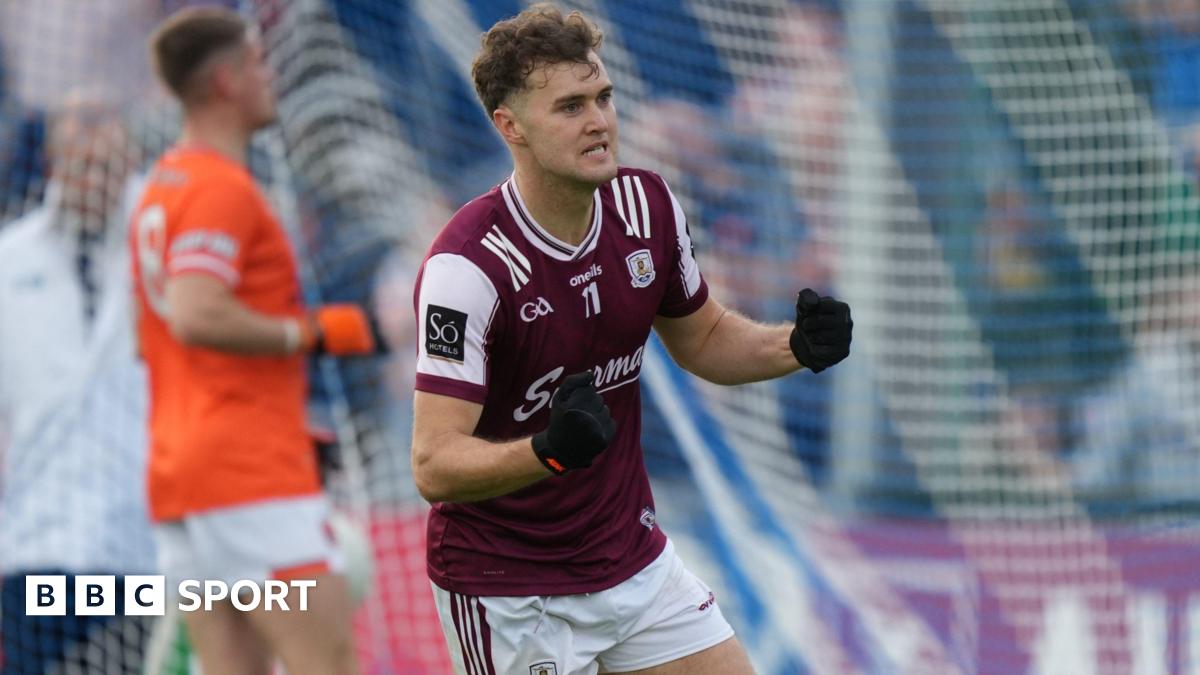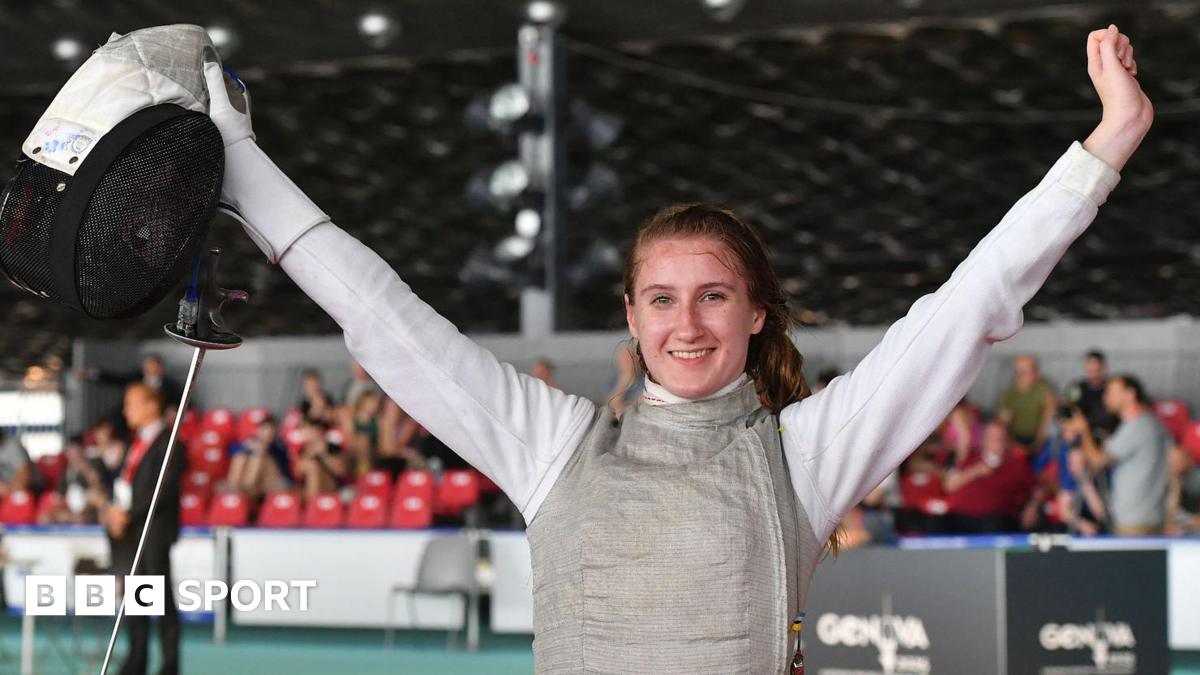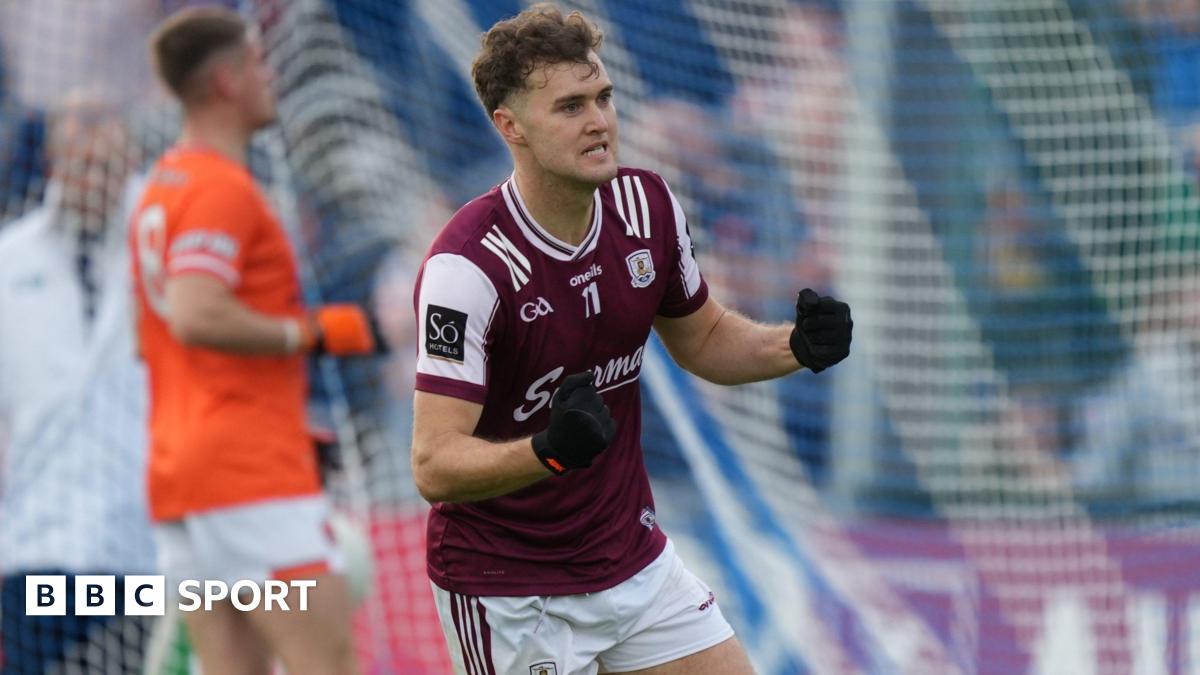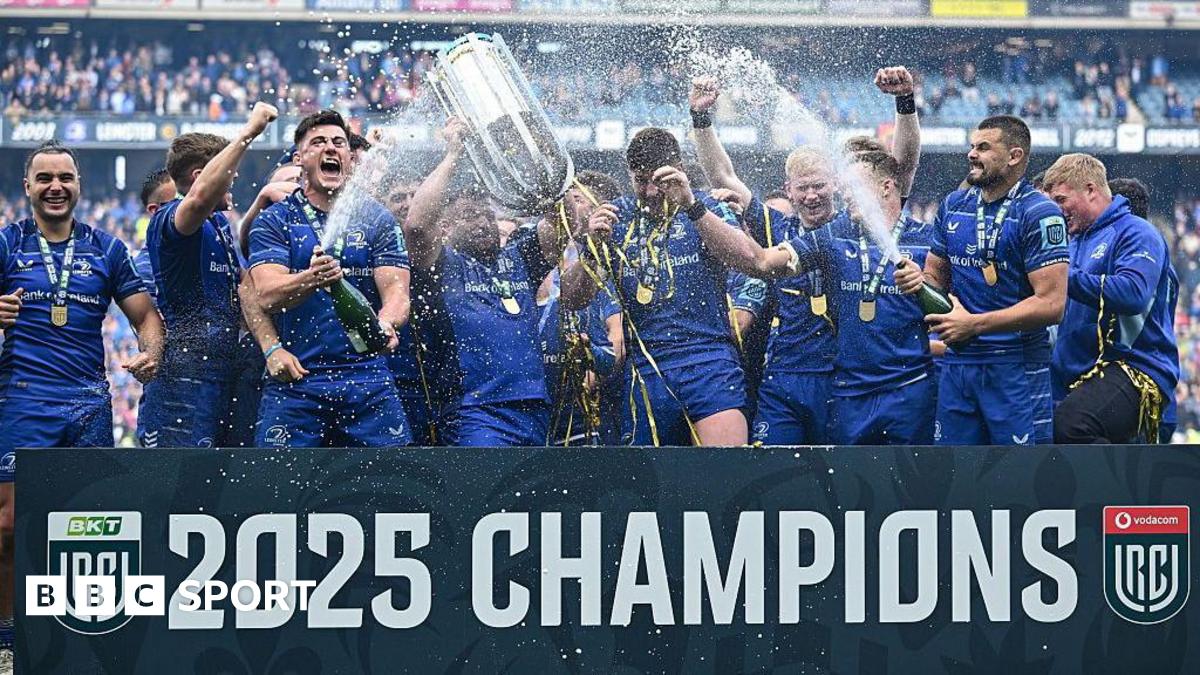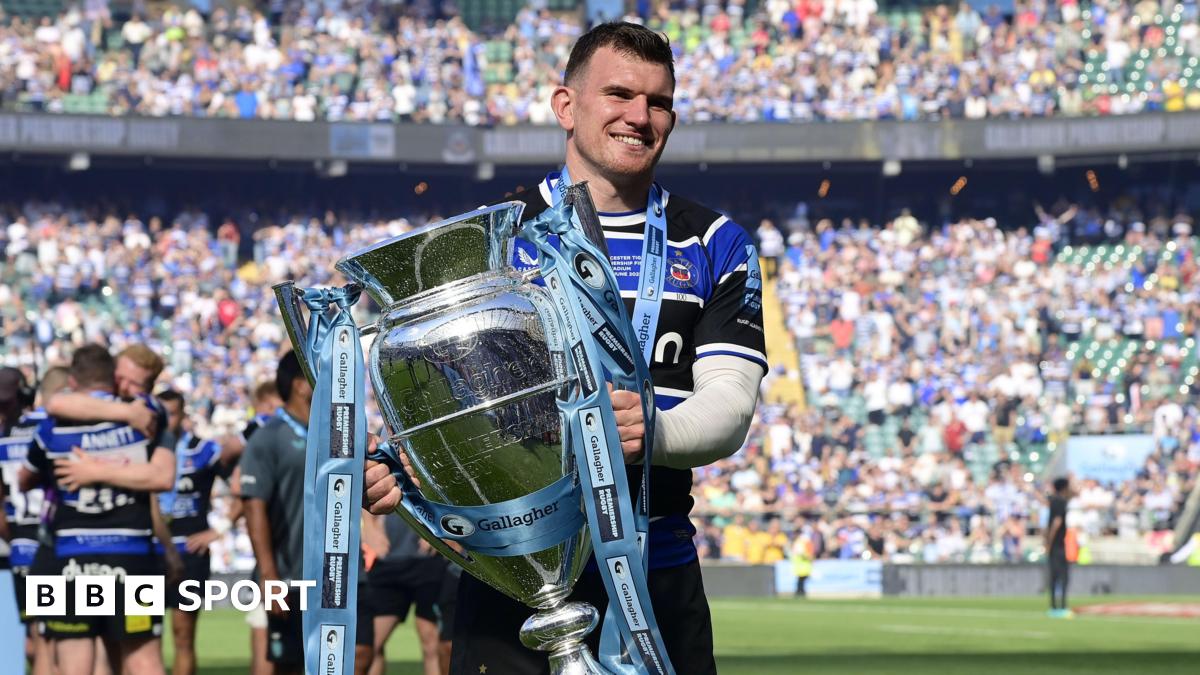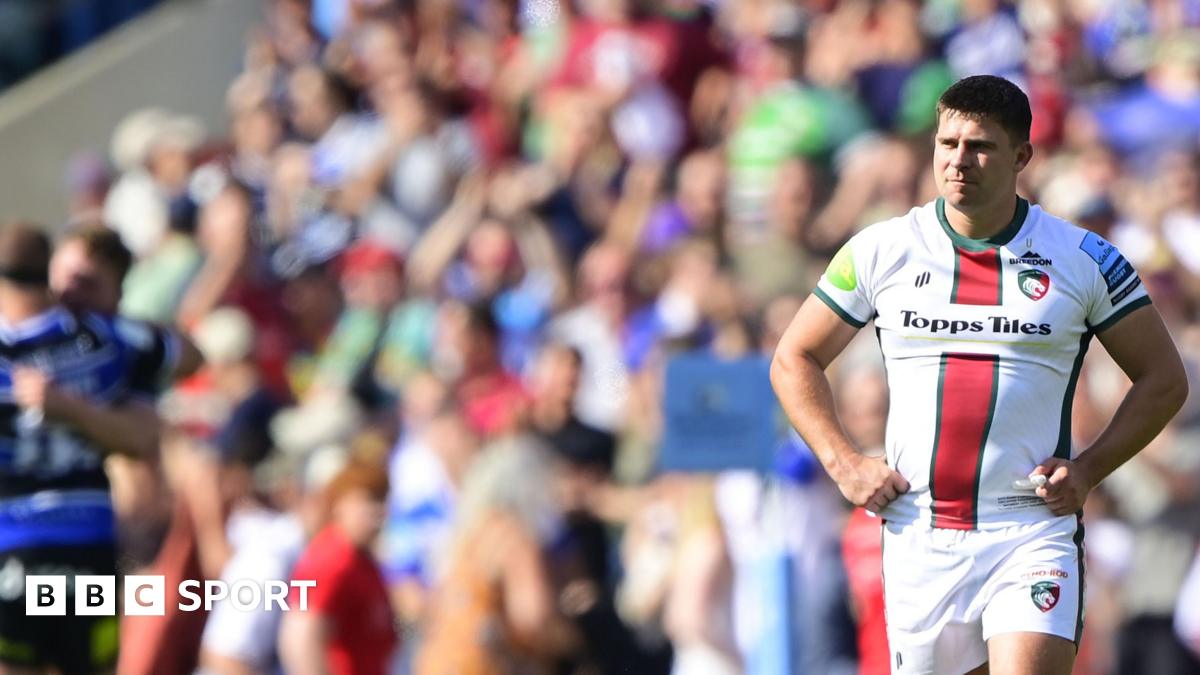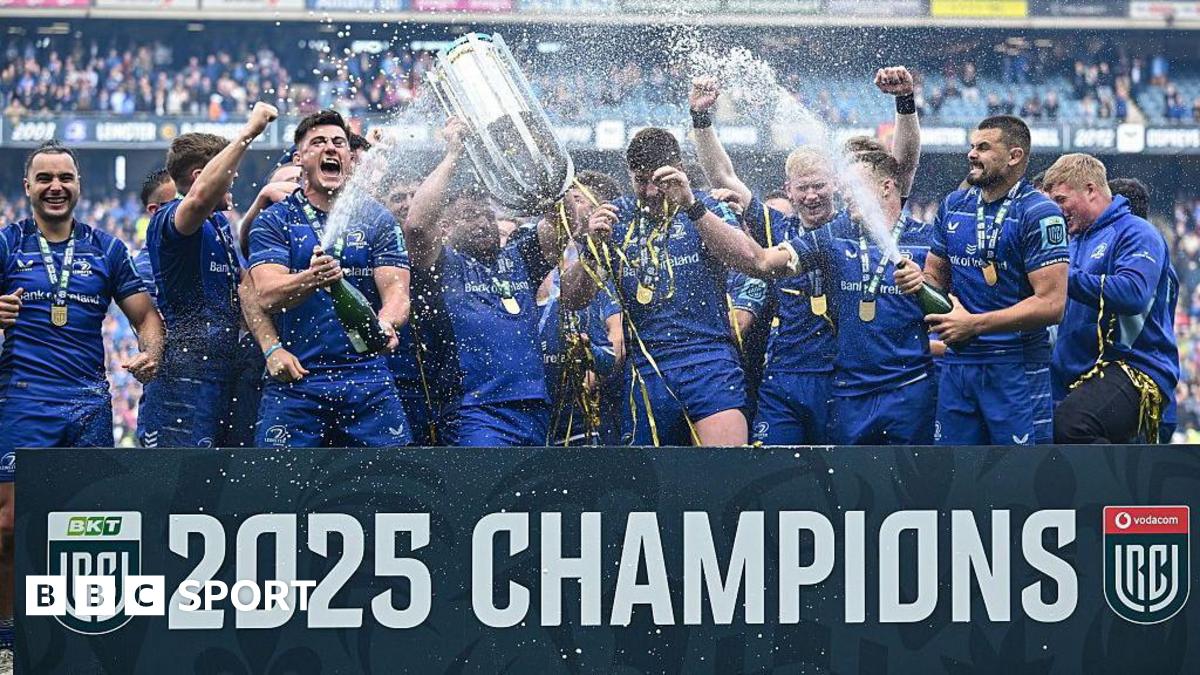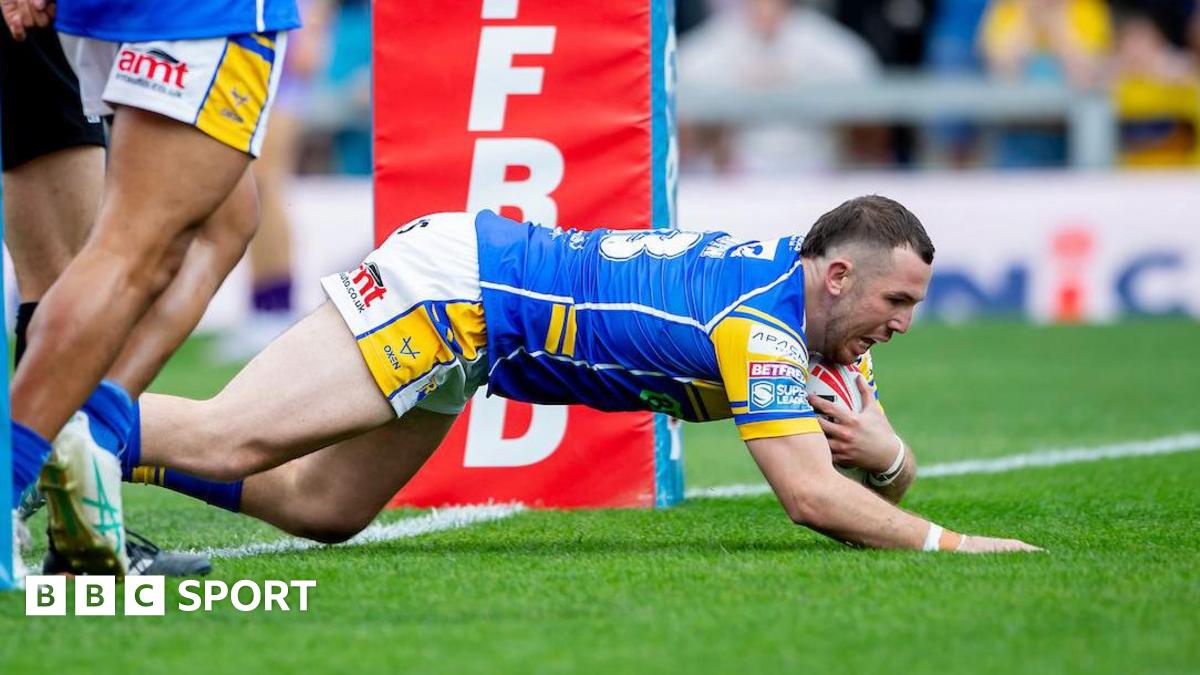Back in December, just a few days after Fifa announced its "landmark agreement" with DAZN, the governing body confirmed Saudi Arabia as the host of the 2034 World Cup.
But it is not just the timeline that has inevitably led to speculation over a possible connection between Saudi's investment in the expanded Club World Cup and that hugely controversial decision.
Despite years of scrutiny over its human rights and environmental record, the Saudi bid for the World Cup was unopposed. Australia - the only other potential candidate - decided not to enter the running, hinting it was futile to do so after being given less than a month by Fifa to mount a challenge.
Fifa stood by a fast-tracked process critics argued lacked transparency, and which it was felt effectively paved the way for the Saudis thanks to a decision that only bids from Asia and Oceania would be considered - even though the World Cup had been staged in the Middle East - in Qatar - as recently as 2022.
The sense of inevitability surrounding Saudi's bid was only reinforced after Fifa's evaluation report awarded it a record high score.
Ratification was then confirmed by acclamation - in the form of applause - rather than a traditional vote, with only Norway's football federation abstaining, and criticising the bidding process.
Infantino has defended Saudi's hosting of football's 2034 showpiece, insisting it can be a catalyst for social improvements, and Fifa insists it was an open and transparent process.
But others remain dismayed.
Nicholas McGeehan, of football campaign group Fair Square, told BBC Sport the World Cup process effectively acted "to ensure that Saudi Arabia was selected as host".
"During this deeply flawed bidding process… Fifa sealed a commercially inexplicable broadcasting deal [for the Club World Cup] said to be worth $1bn with an entity that is now part-owned by Saudi Arabia's Public Investment Fund.
"Fifa does not like the fact that many people look at these facts and conclude that there must be a linkage between them, but had it run a fair and transparent bidding process in the first place it wouldn't be under this scrutiny."
Such sentiments are echoed by Infantino's predecessor Sepp Blatter, who claims the Club World Cup will "over-charge the international calendar".
Replying to BBC Sport's questions via his lawyer, Blatter - who remains banned from football until 2028 for breaches of its ethics code - said: "It is obvious that without Saudi's investment, the Club World Cup could not be organised in the US... it's only through financial help of $1bn from Saudi Arabia that the [DAZN] coverage of this competition was possible.
"There is no more mystery... Saudi Arabia has taken control of international football."
In a statement, a Fifa spokesperson rejected the suggestion that investment into the Club World Cup was from one country, saying it now had nine tournament sponsors and that "commercial momentum is strong".
They insisted that Fifa has "a duty to develop the game globally and this new competition is in the best interests of football", with all profits redistributed to the clubs through prize money and a $250m 'solidarity' programme.
It added that the Club World Cup "is not responsible for calendar congestion", noting that it takes place once every four years with a maximum of seven matches for the two finalists.
"We believe that this new Club World Cup will mark a turning point for club football worldwide…[it] is an event that football needed."

